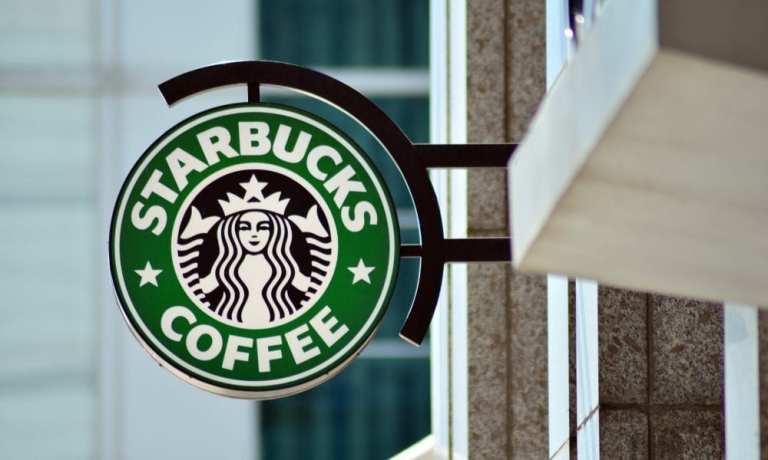Starbucks Stock Reaches All-Time High

Starbucks shares have reached a record high ahead of expected Q2 earnings, according to a report by Bloomberg.
Morgan Stanley analyst John Glass wrote that a potential traffic gain of 1 percent could push the stock even higher, and that a 4 percent gain in comparable sales in America is already accounted into expectations.
Forecasts and predictions might have to rise, he said, because “valuation has little, if any, room to further expand.”
Cowen’s Andrew Charles wrote that investors could be missing a gift-card accounting change that could potentially help with gross margins in the Americas. That, along with built-in contingencies for 2019 earnings-per-share forecasts, allows for a “continued cushion” for the company to be “more promotional with loyalty tactics.”
Wedbush’s Nick Setyan said he was “somewhat cautious” about the upcoming earnings report and that there was “little risk of upside” to consensus expectations.
Michael Halen, senior restaurant analyst for Bloomberg Intelligence, said revenue growth may have slowed down to mid-single digits, and that a 3 percent store sales gain and a 7.5 percent net unit growth were offset by the 2018 East China acquisition, as well as a Q4 closing of the Global Coffee Alliance with Nestle.
Higher wage rates and shifts in products may have affected adjusted operating margin in the quarter, Halen said. He expects margins to improve in the second half as “G&A savings are realized.”
An earnings report was expected late Thursday (April 25).
In other coffee news, Luckin, a Chinese coffee startup that aims to dominate Starbucks in the Chinese coffee market, has raised $150 million in a Series B-plus fundraising round. The fresh capital values the company at $2.9 billion, which is an increase of $700 million from four months prior.
One of the many companies that have invested in Luckin is BlackRock, which owns a 6.58 percent stake in Starbucks and contributed $125 million through its own private equity fund.
This means that BlackRock, which is based in New York, now has its hands in two competing coffee companies in China. There are some key differences in the two models, however: Starbucks has focused on physical locations, while the Luckin model is more of a last-mile delivery store for picking up orders, with a focus on white-collar professionals.
Starbucks has not simply taken a backseat during the Luckin expansion – it recently partnered with Ele.me, Alibaba’s food delivery arm.